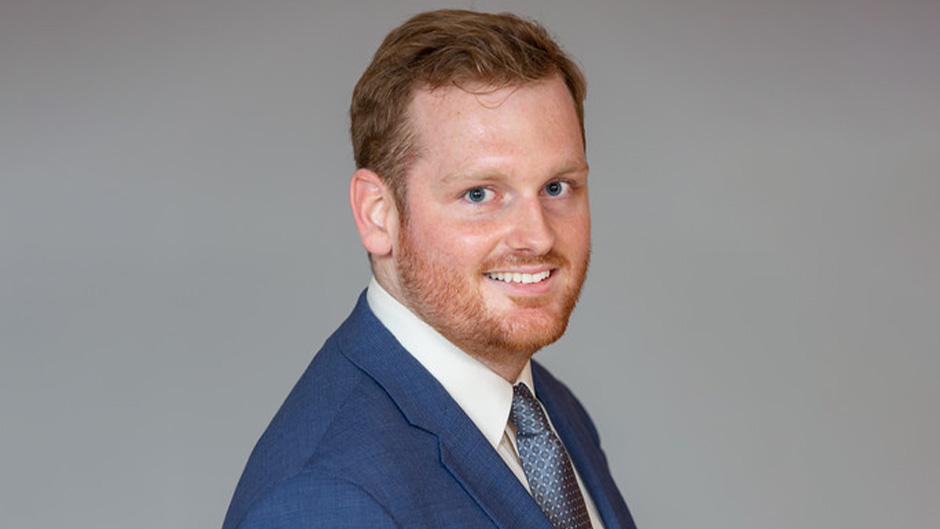At the Federal Energy Regulatory Commission, Sam Stephens works in the Office of Administrative Law Judges with the judges and their clerks, providing legal research and helping to draft initial decisions. The office resolves contested cases, as directed by the Commission.
Stephen's interest in energy law was fueled by classes he took at Miami Law through the Environmental Law Program and his participation in the Environmental Justice Clinic, where he was able to work specifically on energy justice issues.
The Federal Energy Regulatory Commission regulates interstate electricity transmission, natural gas and oil, hydropower projects, and natural gas terminals.
At the clinic, Stephens has also worked on various other projects, including the notable Old Smokey litigation, where he has provided support where needed.
Stephens has been able to further explore his interest in energy law by working with EJC Associate Director Abigail Fleming to create a project to break down money available through the Inflation Reduction Act in a way that makes it easy for Miami-Dade County residents to understand and access the available resources. The project included guides to get rebates and tax credits on electric appliances such as washing machines and water heaters, as well as for electric vehicles, solar panels, and residential wind turbines.
"Sam is a fantastic advocate whose hard work and diligence will impact the legal profession and transform energy policy," said Fleming.
The project's goal was to help residents access resources and money available to them that they may not know about, may not understand how to access, or may not have the time to investigate. The resources are also part of the more significant effort to drive down global carbon emissions by encouraging Americans to shift away from fossil fuels such as natural gas for cleaner electric and renewable alternatives.
"The flexibility to work with Professor Fleming to start my own project geared toward easier access of federal money for more environmentally friendly resources has been incredible. That, along with being able to assist with litigation such as Styles v. City of Miami, has made the clinic an overall great experience that I am immensely thankful for."
In 2019, the Wilmington, North Carolina native earned a bachelor's in political science with a policy concentration from the American University in Washington, D.C. Following graduation, he continued his work for the Council of the District of Columbia, where he wrote legislation and advised on policy issues related to rental housing, parks and recreation, transportation, air quality, and executive administration.
Stephens is on the Environmental Law Society's executive board and part of the Inter-American Law Review. During his 1L summer, he interned for the National Association of Regulatory Utility Commissioners, where he wrote about how state utilities and regulators are discussing nuclear energy and how increased electric vehicle infrastructure will affect the work of state energy officials.
In 2022, Stephens traveled to Sharm El Sheikh, Egypt, to COP 27 with Professor Jessica Owley with a group of 14 law students. There, Stephens covered negotiations on the Technology Mechanism, where he developed relationships with several delegates from various countries.
Following COP 27, Stephens worked with Owley to become an official observer for the Technology Mechanism's follow-up meetings. In 2023, Stephens traveled to Songdo, Incheon, Korea, to attend the United Nations Technology Executive Committee (TEC) meeting where parties looked to build on progress made at COP 27.
The TEC is the policy body of the United Nations' Technology Mechanism, which is focused on implementing and developing projects focused on bringing climate technologies to developing countries and building capacity in these countries to implement climate technology. At TEC 26, government leaders from the United States, China, and several other countries across the globe looked to enact solutions that provide for more efficient implementation of technologies that help countries adapt to climate change and mitigate its effects.
Stephens plans to pursue a career in energy regulatory and infrastructure law after graduation.
Read more about Miami Law's Environmental Law Program

